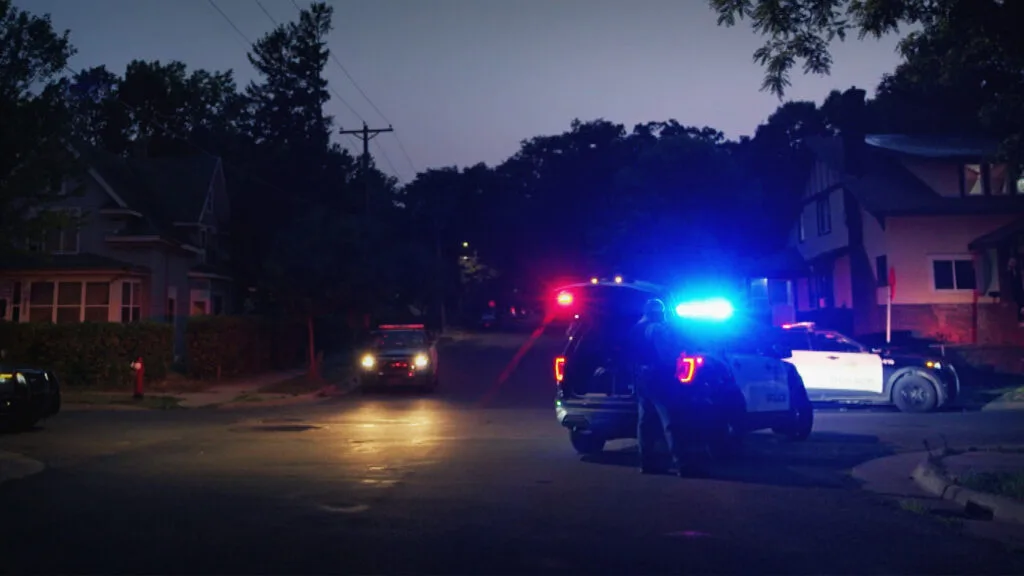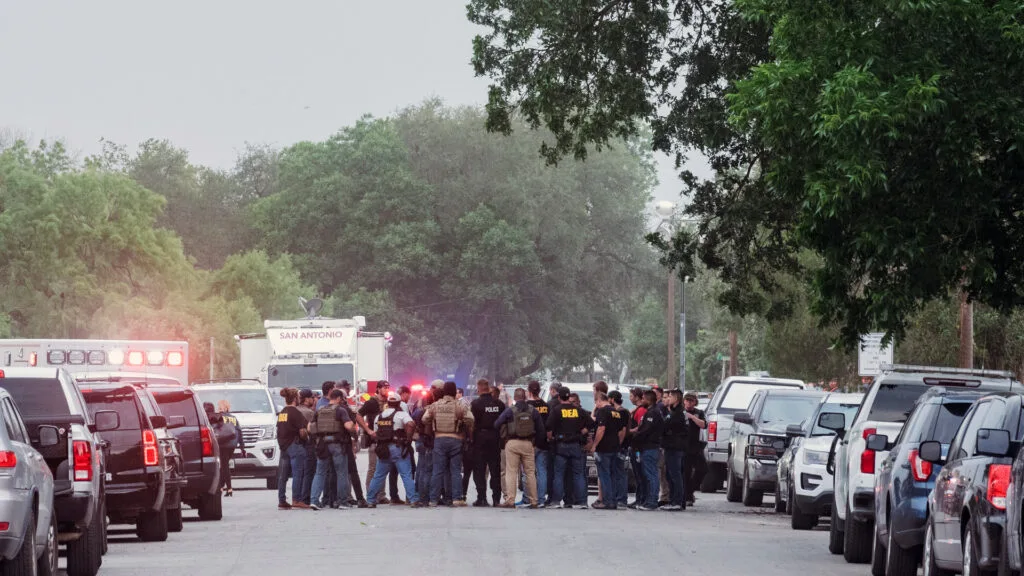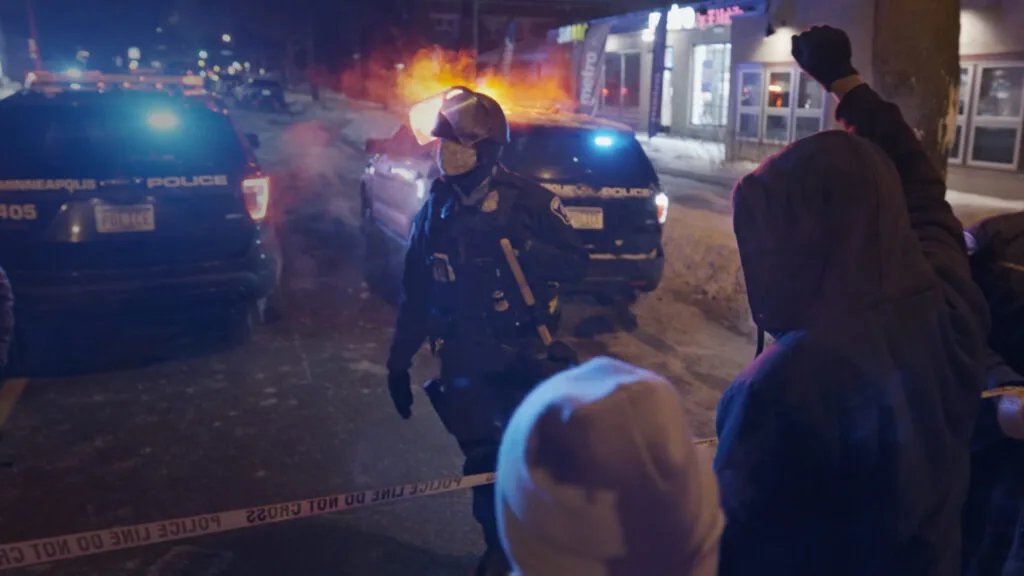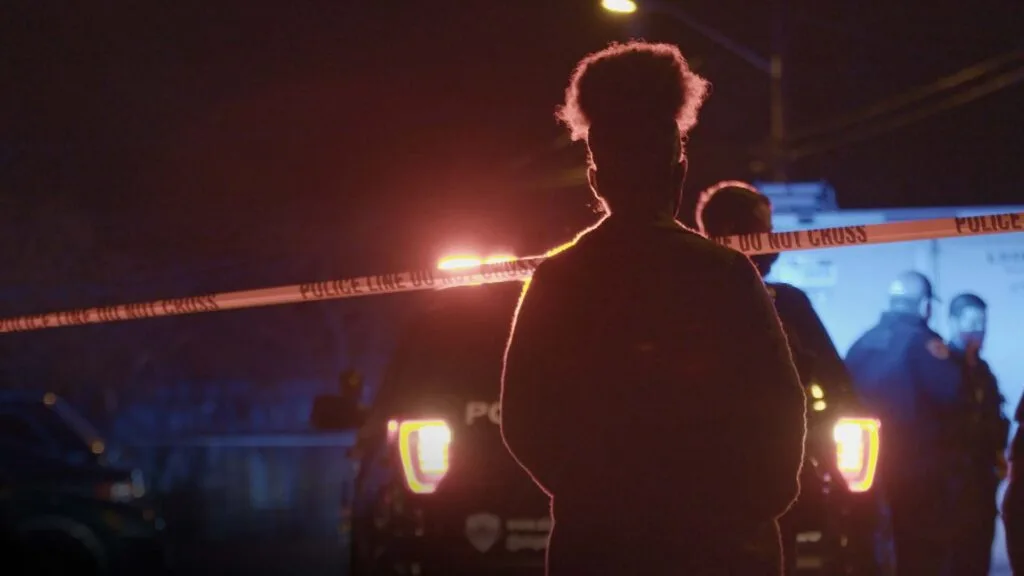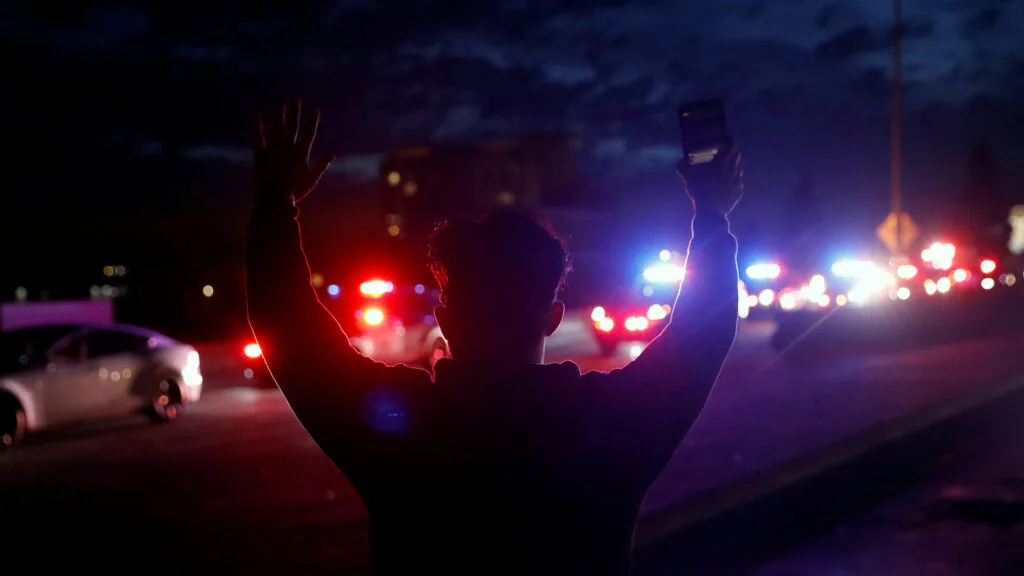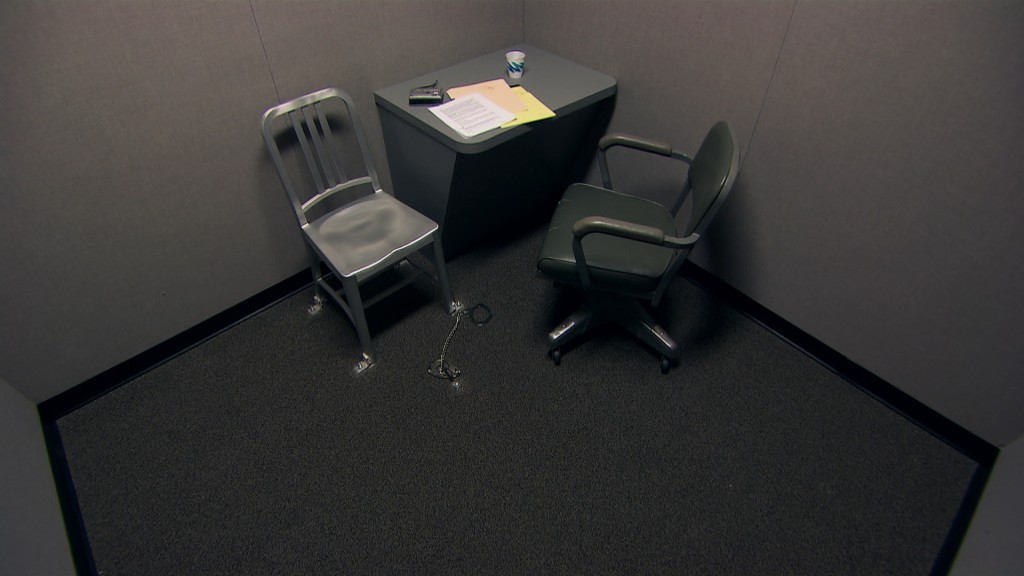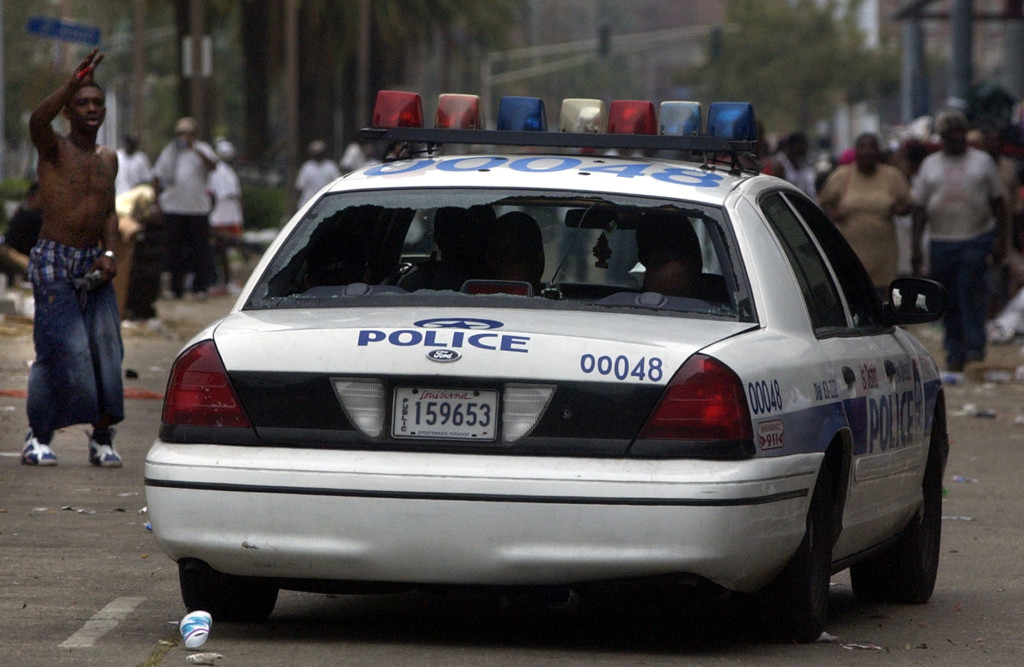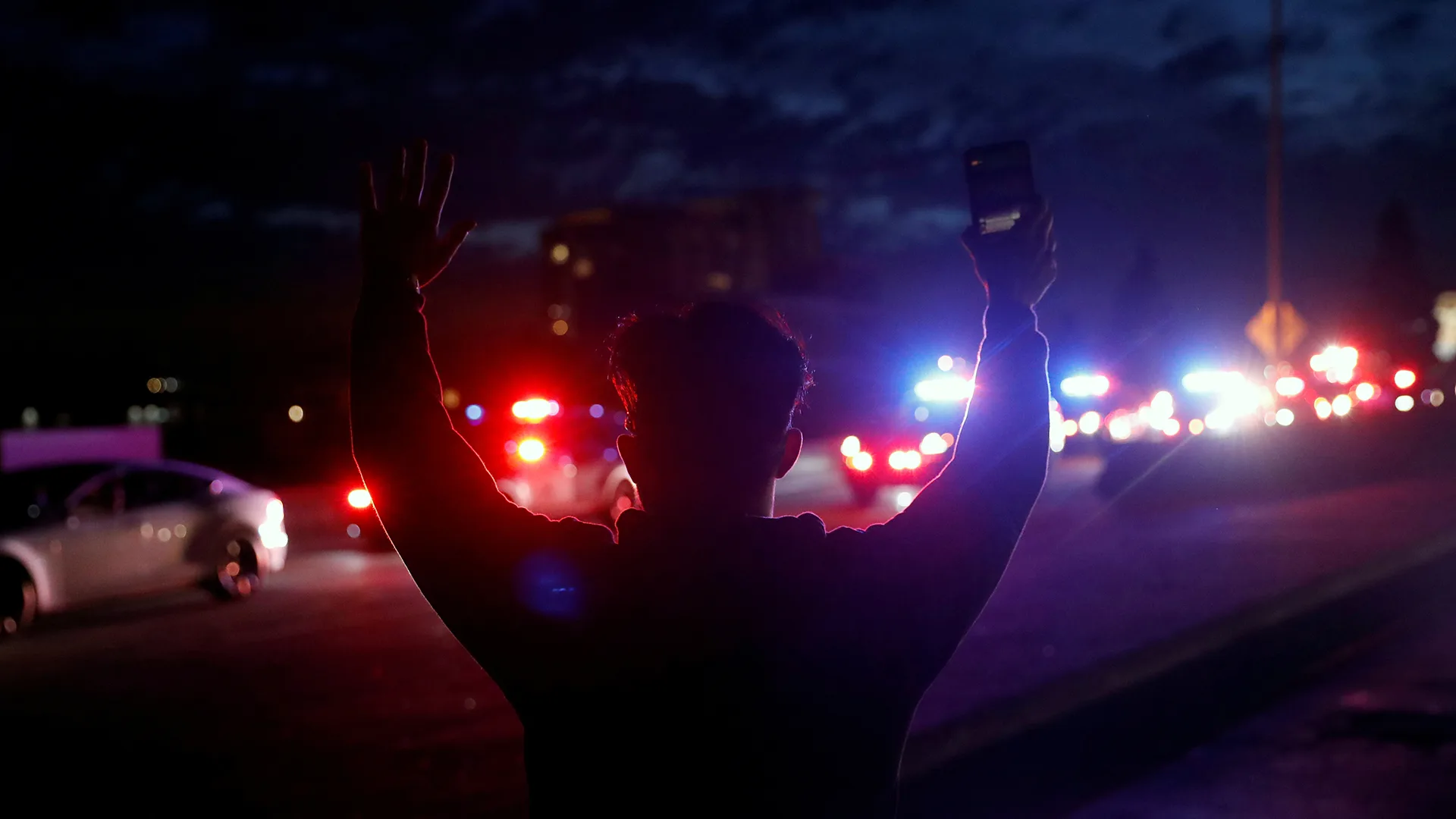DOJ ‘Cut Back’ on Tools to Fix Policing, Inspector General Finds
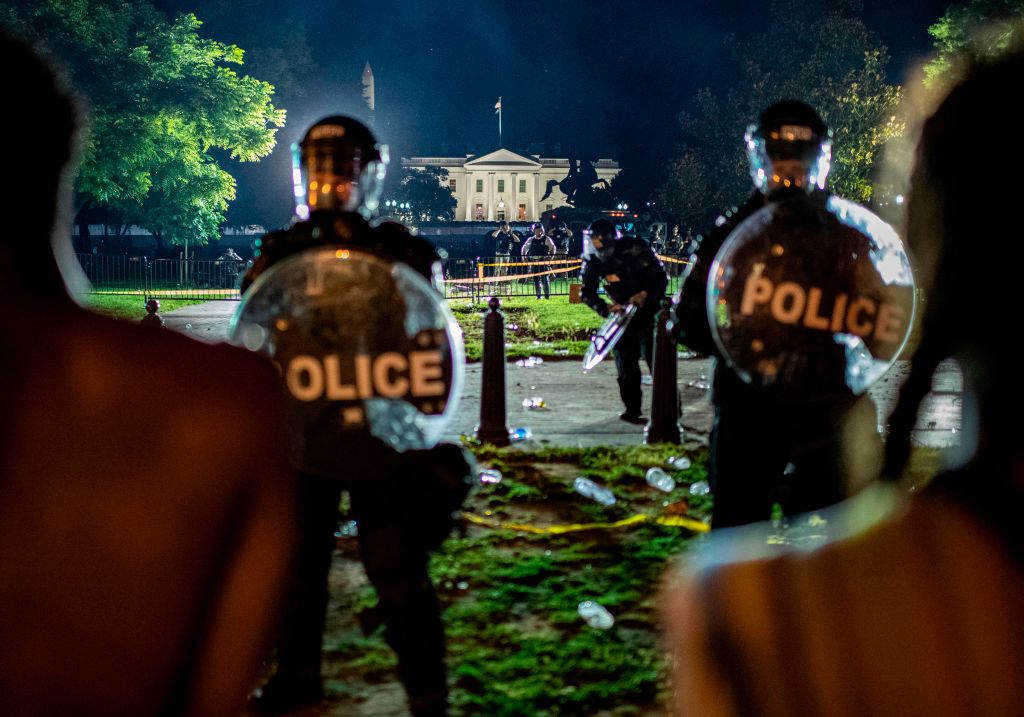
November 18, 2020
Share
The Department of Justice has failed to use its full powers to address police misconduct and restore confidence in policing, according to a new report by the Office of the Inspector General, the DOJ’s internal watchdog.
The report identifies public confidence in law enforcement and the protection of civil liberties as two of the most pressing challenges facing the DOJ, the only federal agency with the power to force reform in local police departments. The problem is particularly acute in light of the wave of protests this year following the killings of George Floyd, Ahmaud Arbery and Breonna Taylor, Inspector General Michael Horowitz found.
“The need for action to effect actual change is even more urgent,” the report said.
In 2015, under the Obama administration, the DOJ used a wide variety of tools to improve American policing, including technical assistance and partnerships between federal and local agencies, improved data collection on use of force and most controversially, “pattern-or-practice” investigations — broad civil rights inquiries that often led to legally binding reform agreements called consent decrees.
Since then, the DOJ has “cut back” on the use of those tools, according to the report, the latest installment of an annual publication on management and performance challenges facing the DOJ.
“We believe that among the most significant challenges facing the Department is responding to the potential erosion of confidence in law enforcement, as evidenced by [a Pew survey on race and policing], as well as embracing its leadership role and using all available tools to address these issues to the fullest extent practicable,” the report said.
The report also highlighted the DOJ’s controversial prohibition on federal task force officers wearing body cameras and the deployment of federal officers without clear identification to police Black Lives Matter protests after Floyd’s death.
The DOJ did not immediately return a request for comment on the Inspector General’s conclusions.
When President Donald Trump took office, it became clear his administration would break from the Obama DOJ’s aggressive use of federal power to force police reform. In April of 2017, then-Attorney General Jeff Sessions said in an address that his DOJ would “pull back” on federal civil rights lawsuits against police departments.
“I have made clear that this Department of Justice will not sign consent decrees that will cost lives by handcuffing the police rather than handcuffing the criminals,” Sessions said.
The Inspector General’s finding — that the Trump administration’s Department of Justice has not used all of the available tools when confronting police misconduct — corroborates FRONTLINE’s recent investigations of police accountability in America.
A FRONTLINE review of police reform investigations launched since Barack Obama took office found that the Trump DOJ has launched just one pattern-or-practice investigation of a police department — an inquiry into the narcotics bureau in Springfield, Massachusetts, which has not yielded a court-enforced consent decree.
And in cases where consent decrees had already been signed, Sessions’ DOJ sometimes attempted to walk them back. In 2017, prosecutors asked a federal judge to delay approving an already agreed-upon reform deal, saying the agreement would make Baltimore a “less safe city.” The judge rejected their argument and ordered the consent decree to move forward.
In the film Policing the Police 2020, Christy Lopez, the Obama-era head of the DOJ’s Civil Rights Division, told Jelani Cobb she believed Sessions’ approach would lead to more abusive policing.
“If you tell police that the previous administration was abandoning you because they were insisting that you comport yourself consistently with the Constitution, then you are telling police that they have a right to police without comporting themselves to the Constitution,” Lopez said.
The DOJ’s approach to police reform is likely to again shift dramatically after President-elect Joe Biden takes office. In his campaign platform, Biden pledged to appoint DOJ leadership who would prioritize the use of civil rights investigations and reverse limits on policing consent decrees.
Related Documentaries
Latest Documentaries
Related Stories
Related Stories
Explore
Policies
Teacher Center
Funding for FRONTLINE is provided through the support of PBS viewers and by the Corporation for Public Broadcasting, with major support from Ford Foundation. Additional funding is provided the Abrams Foundation, Park Foundation, John D. and Catherine T. MacArthur Foundation, Heising-Simons Foundation, and the FRONTLINE Trust, with major support from Jon and Jo Ann Hagler on behalf of the Jon L. Hagler Foundation, and additional support from Koo and Patricia Yuen. FRONTLINE is a registered trademark of WGBH Educational Foundation. Web Site Copyright ©1995-2025 WGBH Educational Foundation. PBS is a 501(c)(3) not-for-profit organization.
